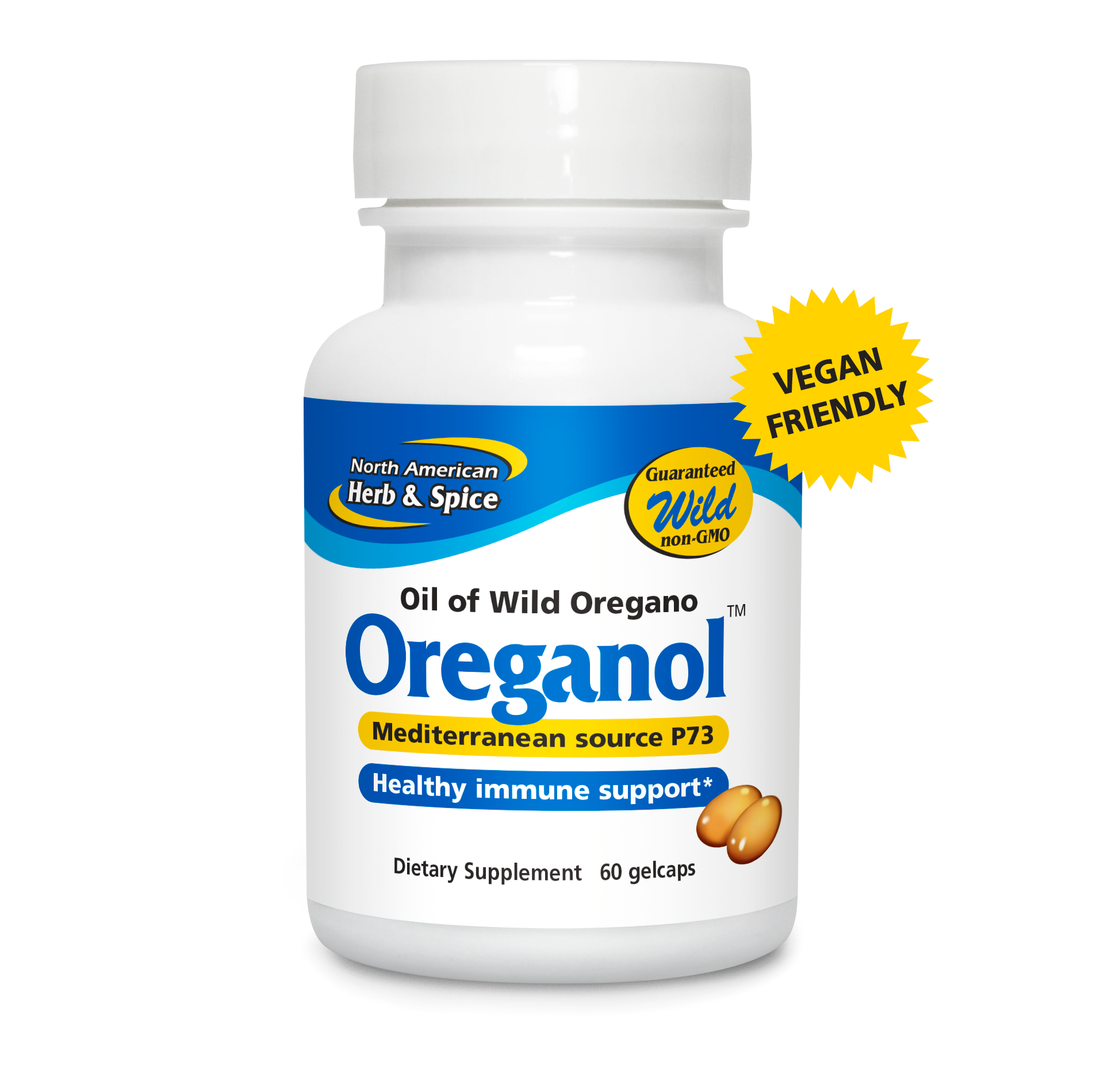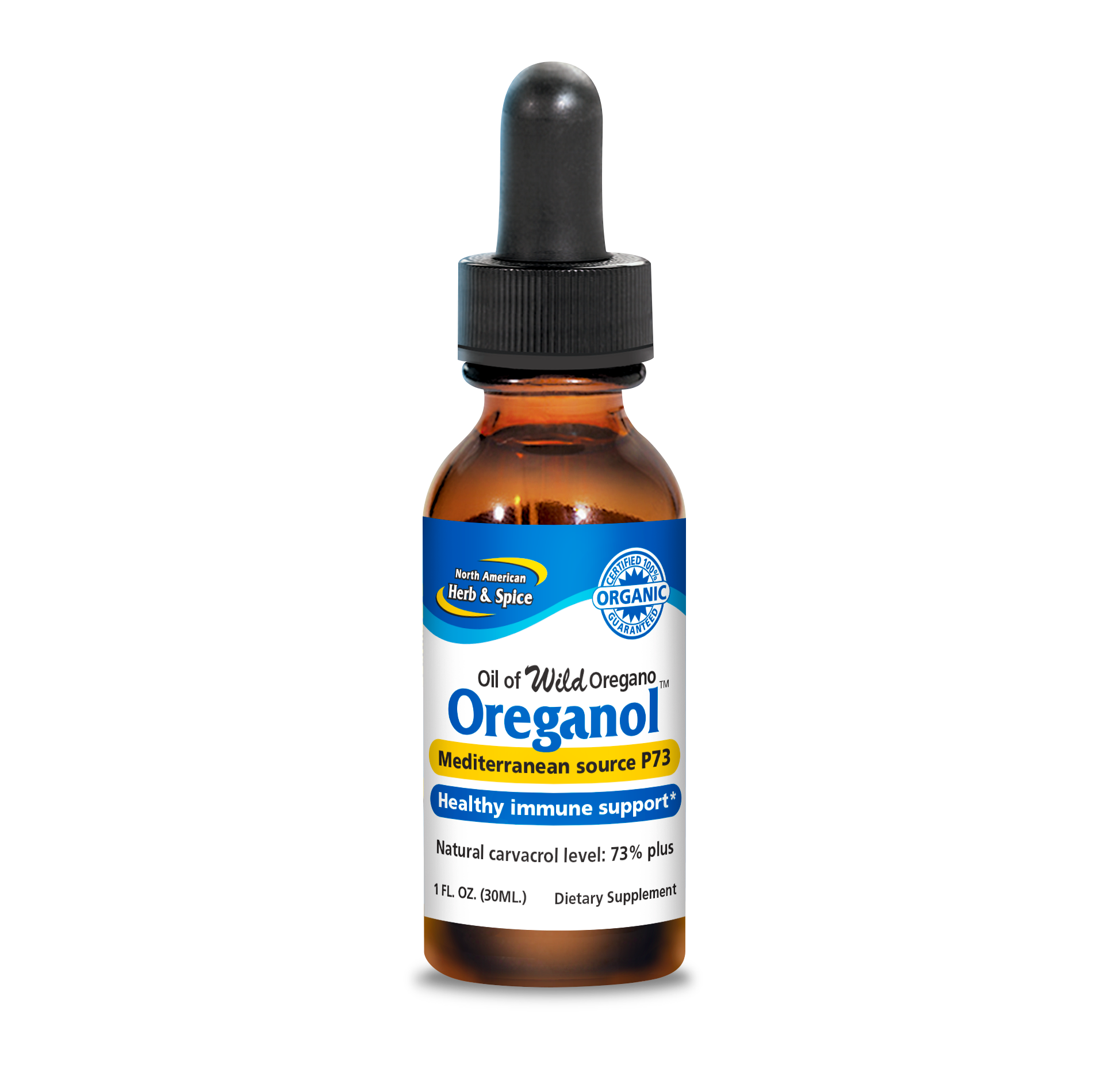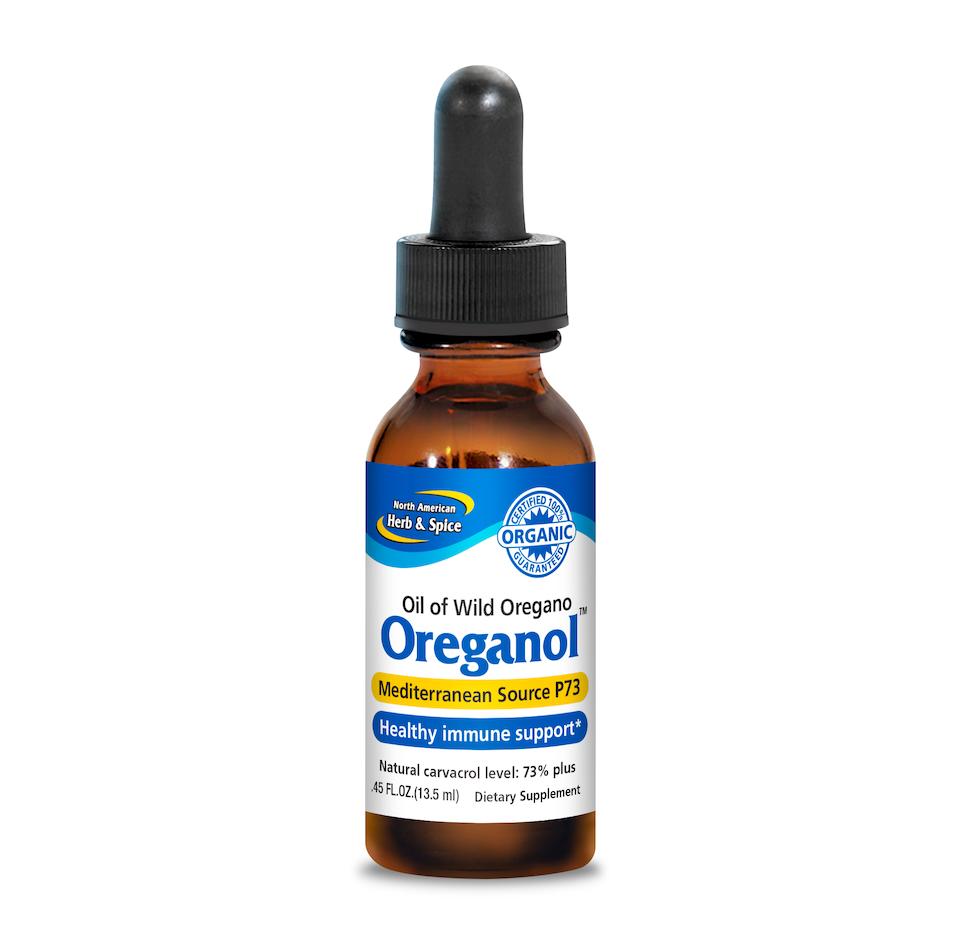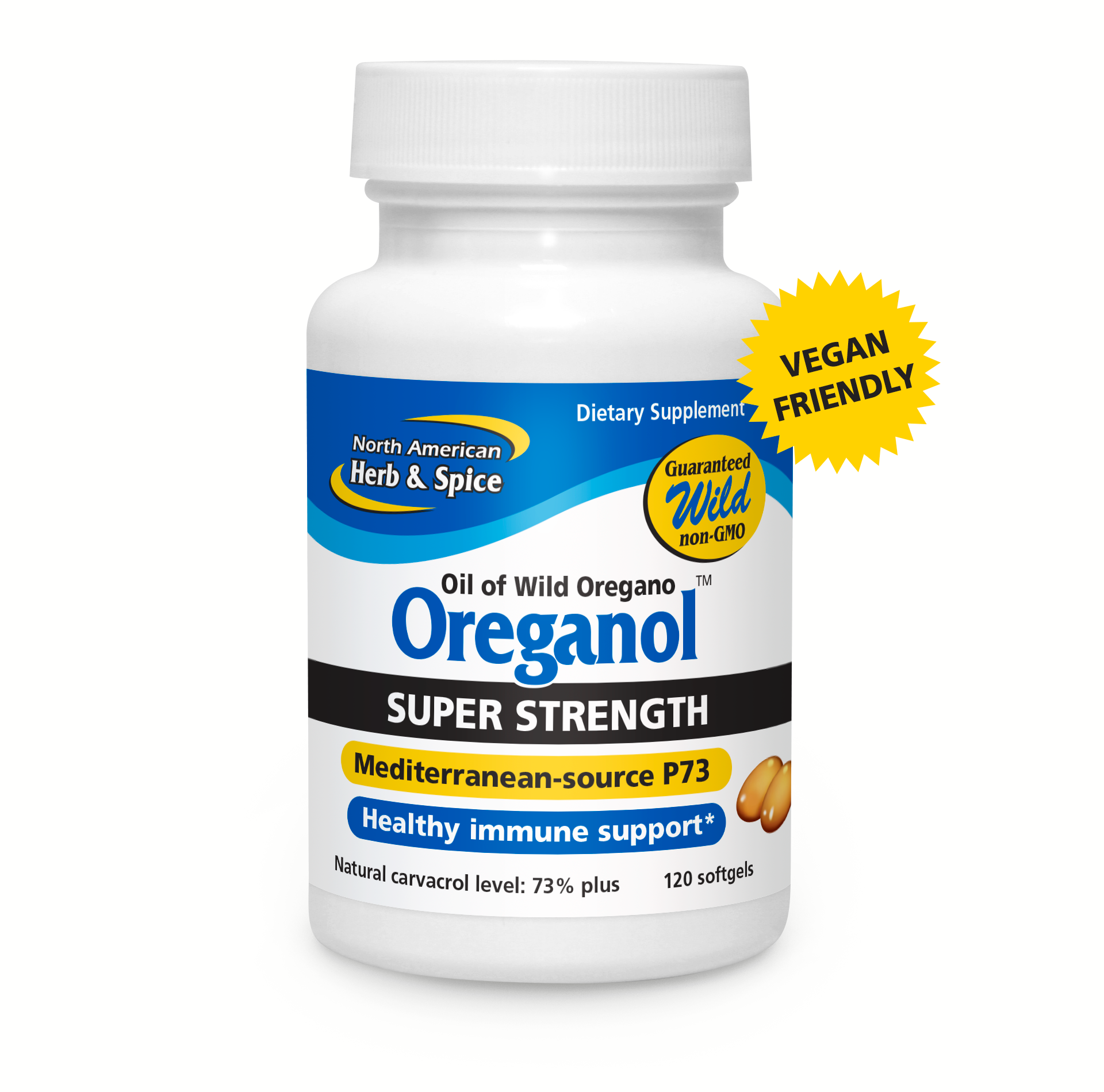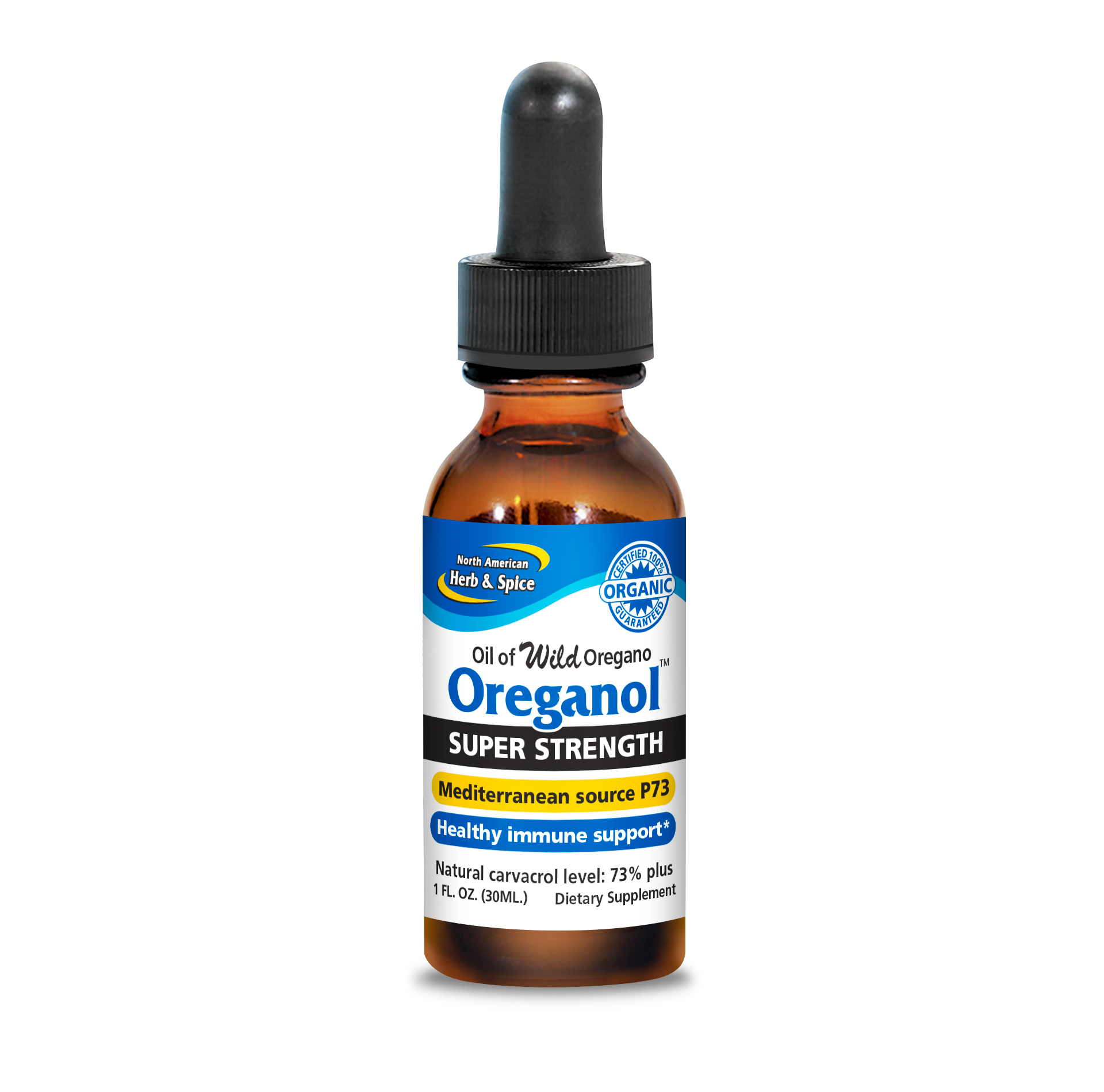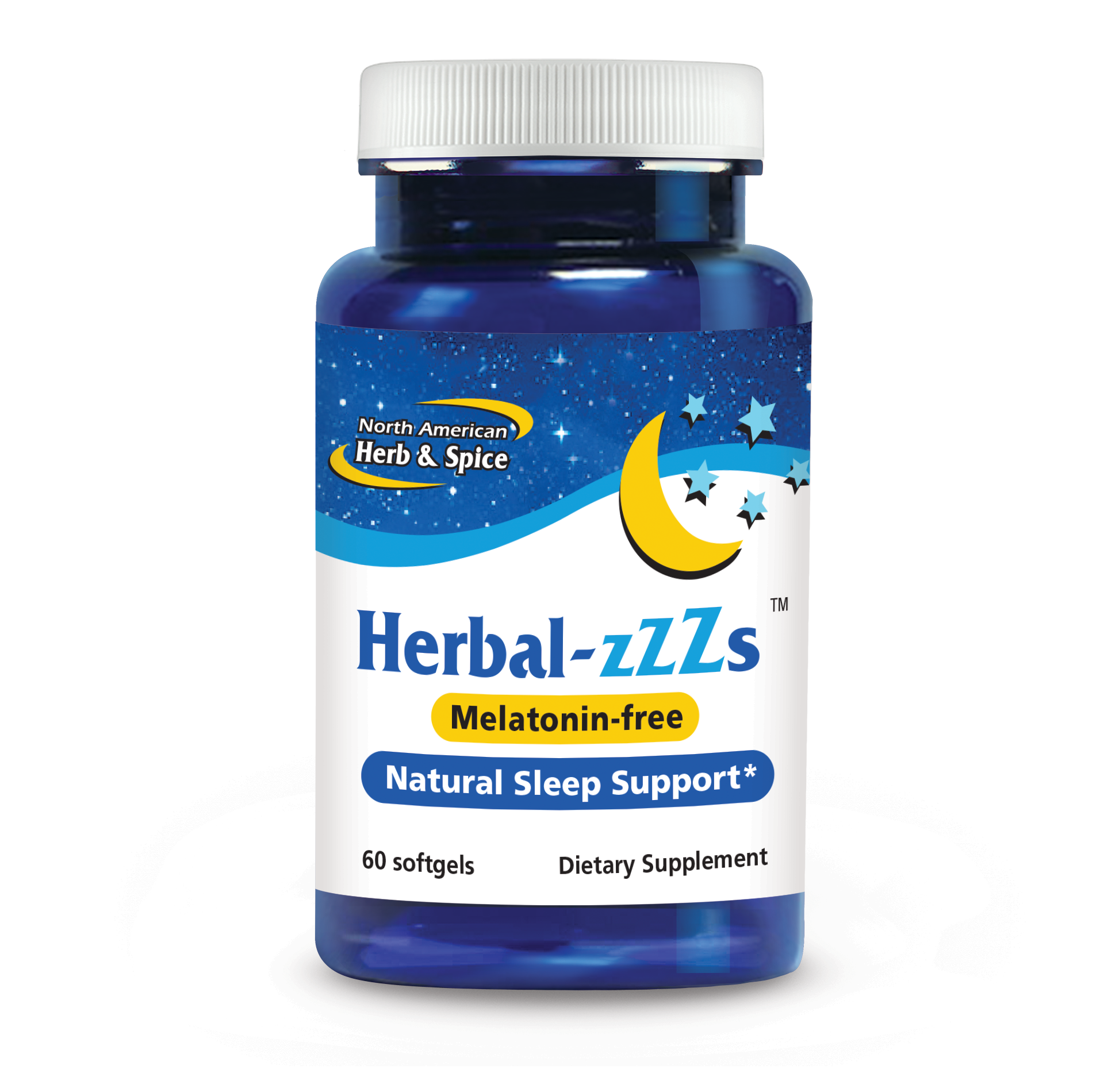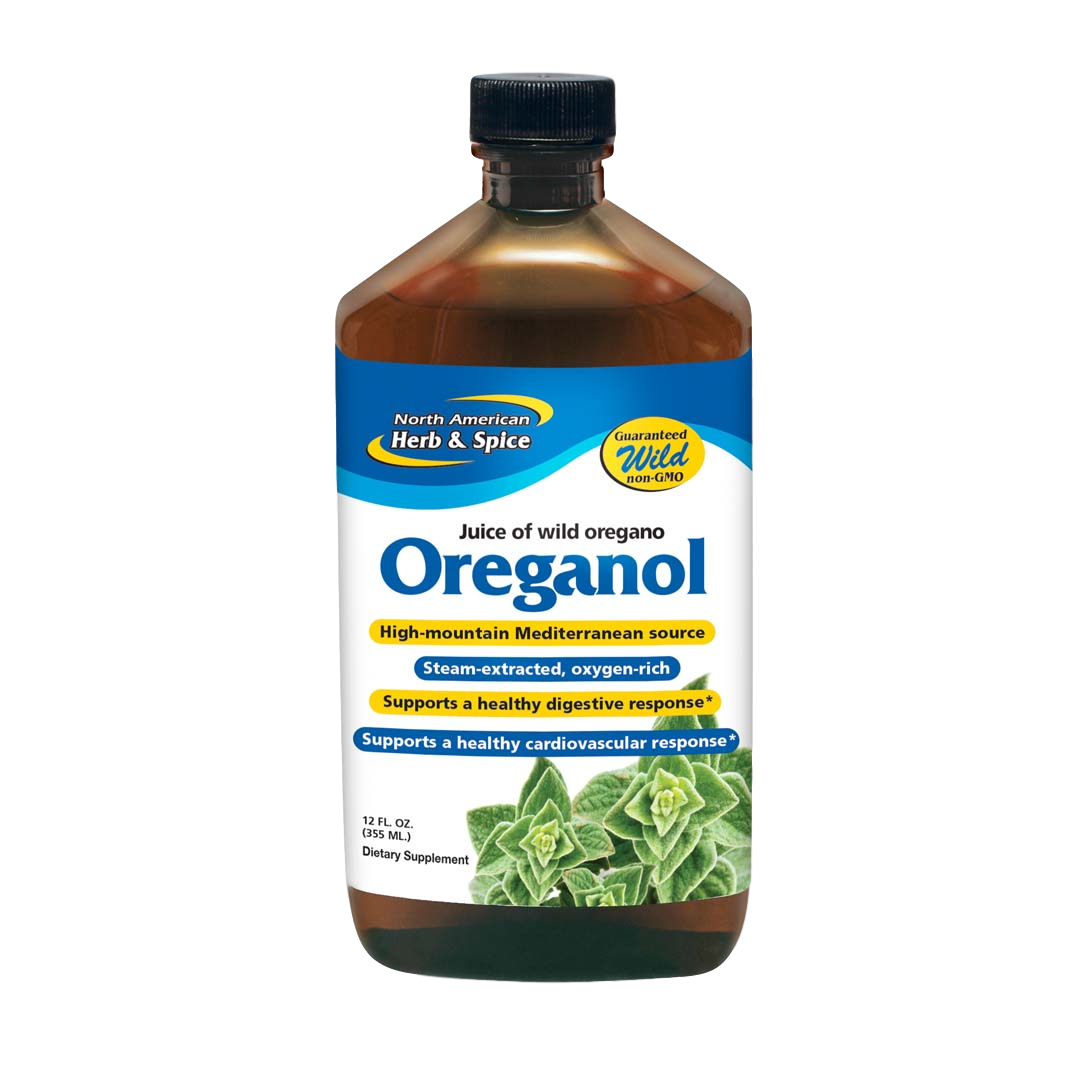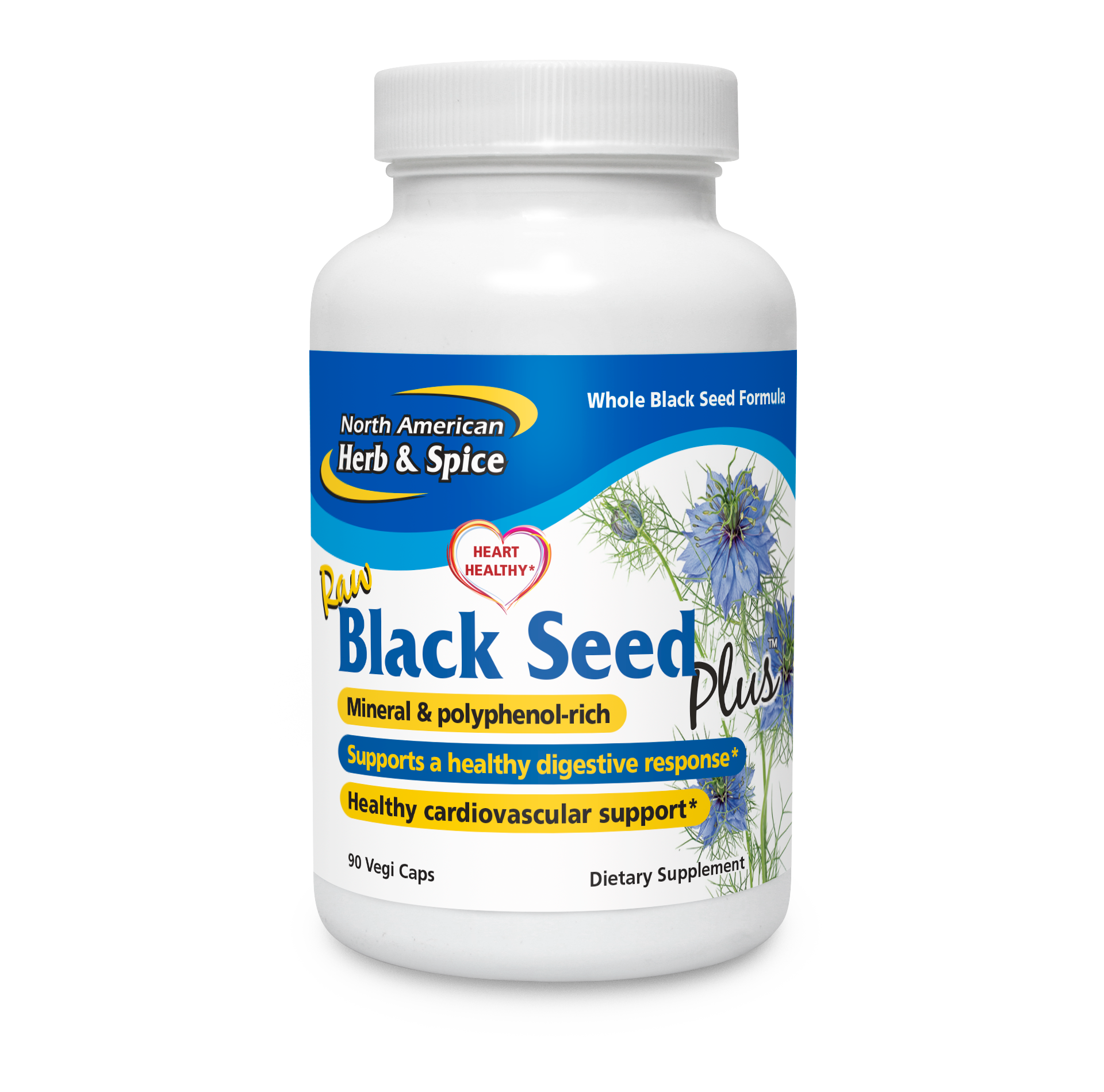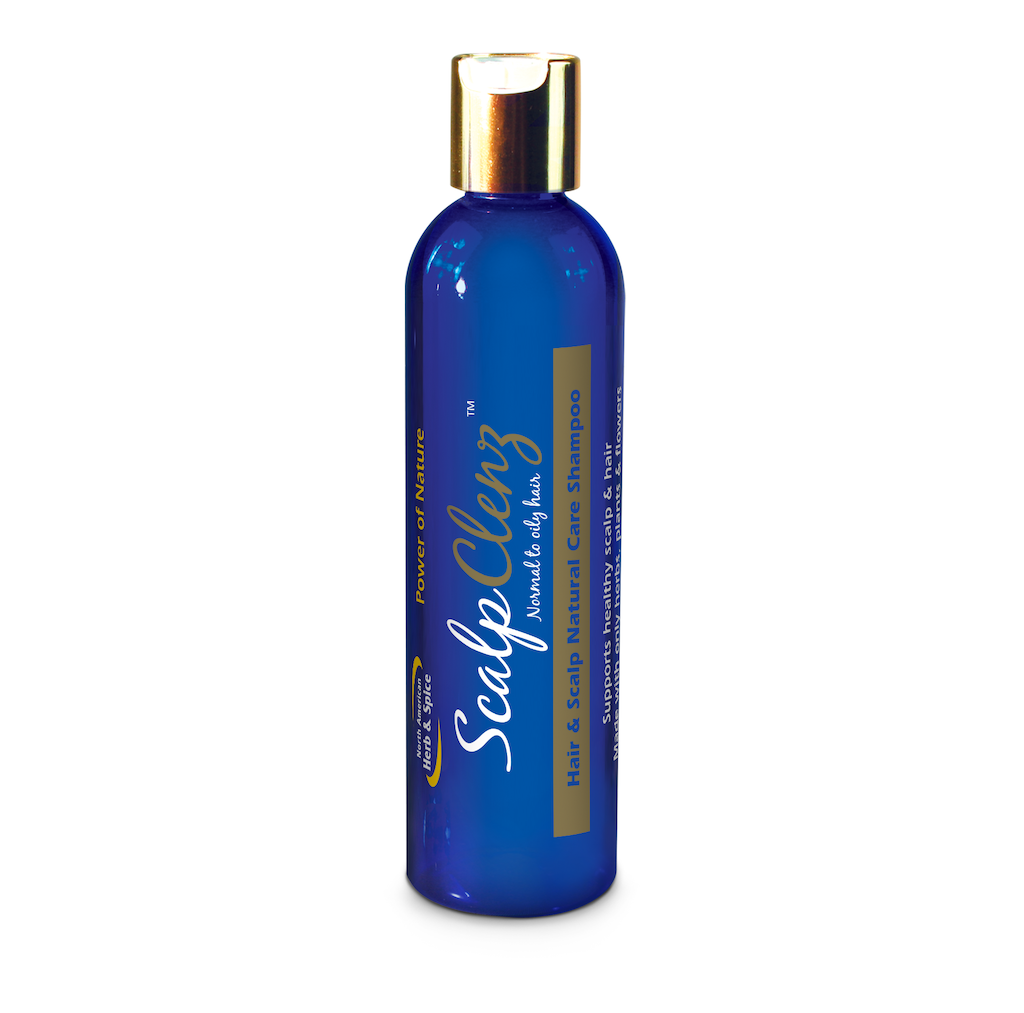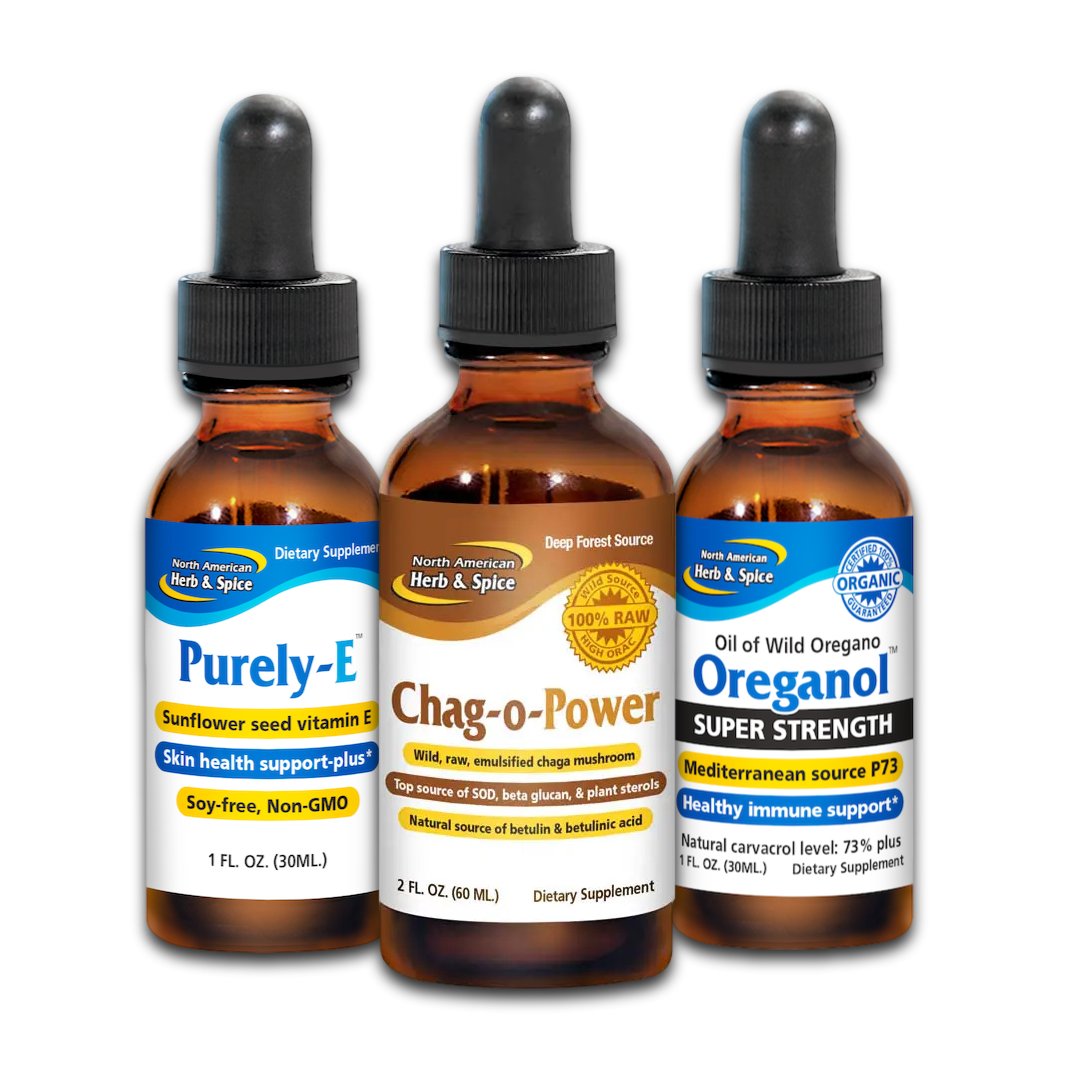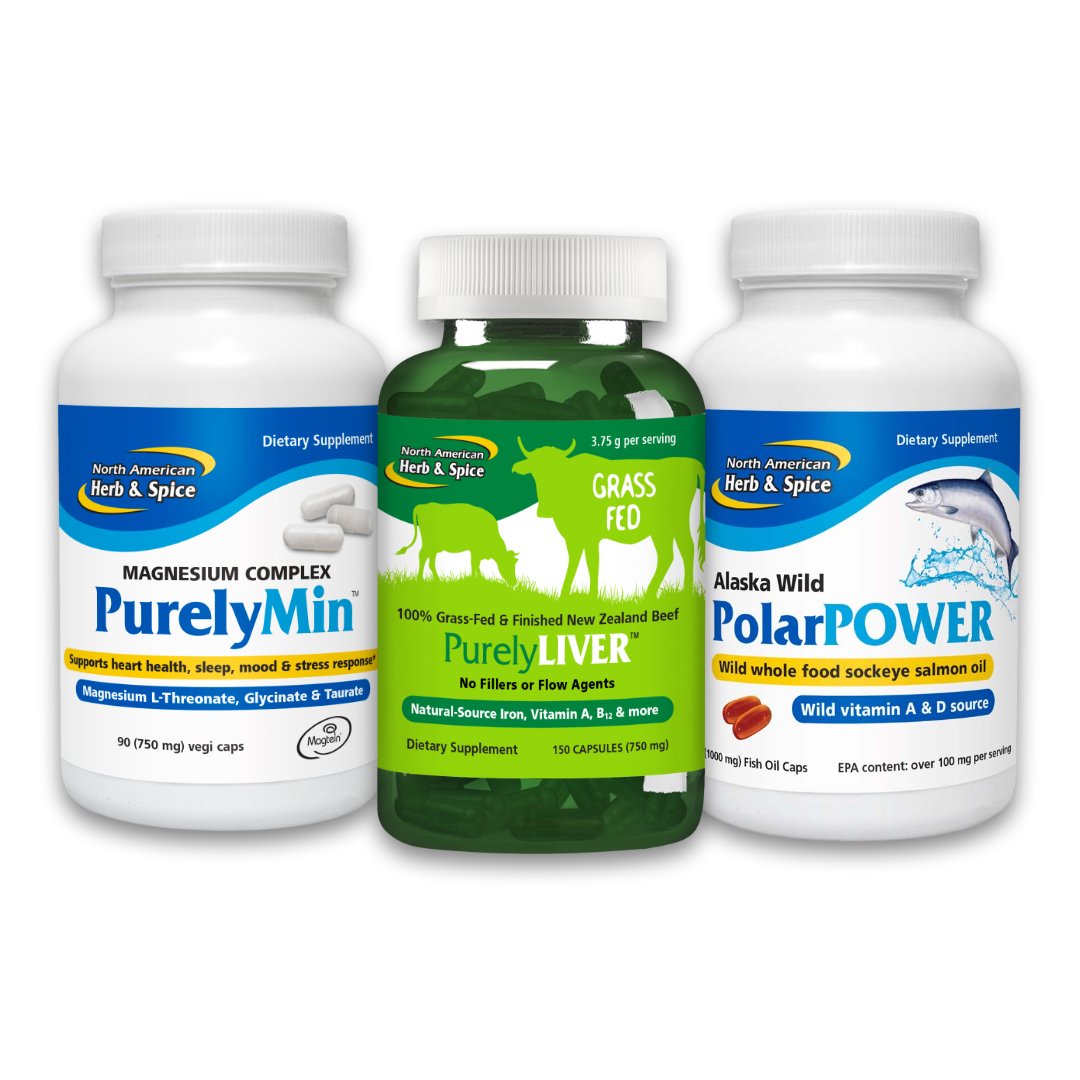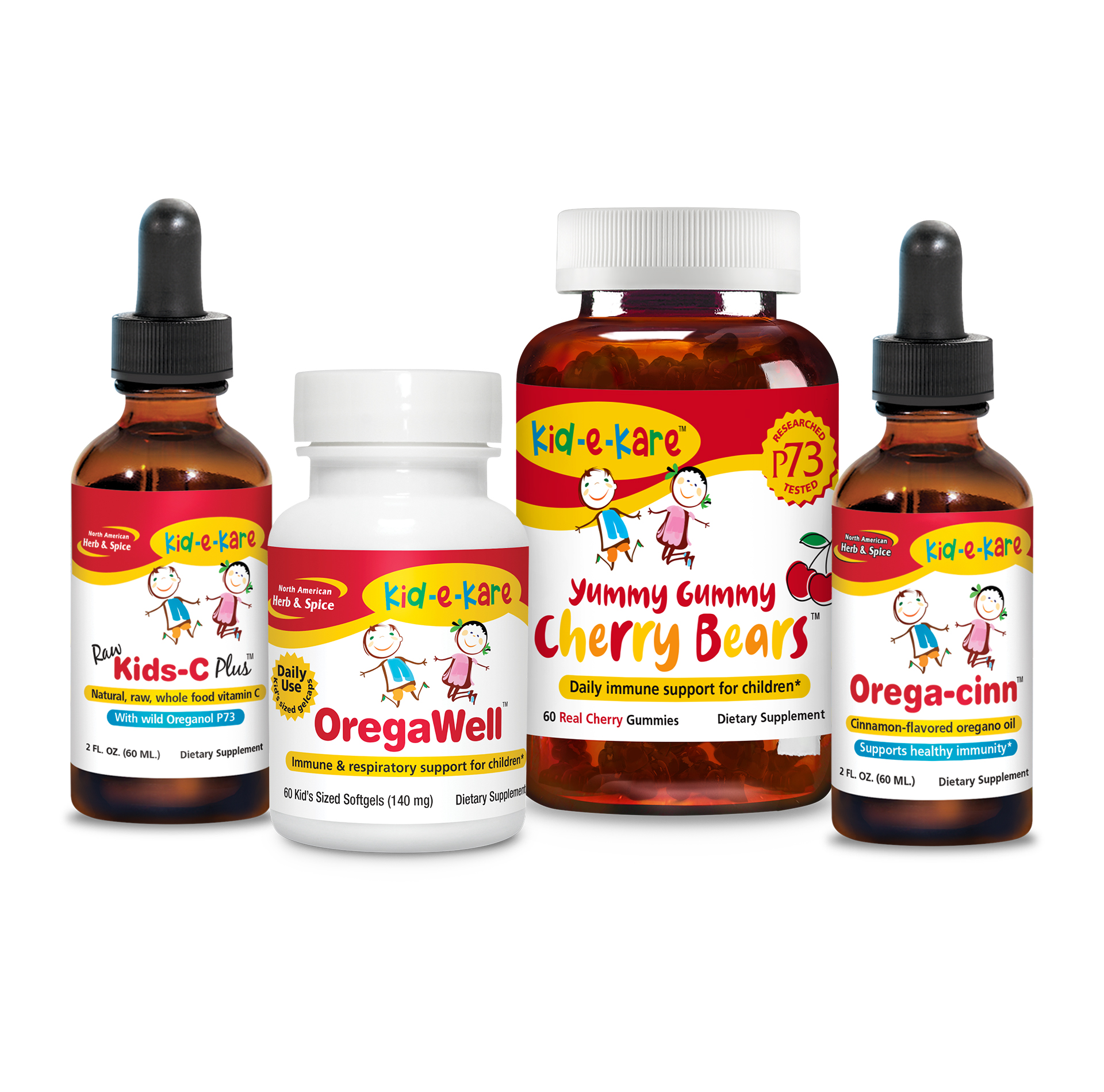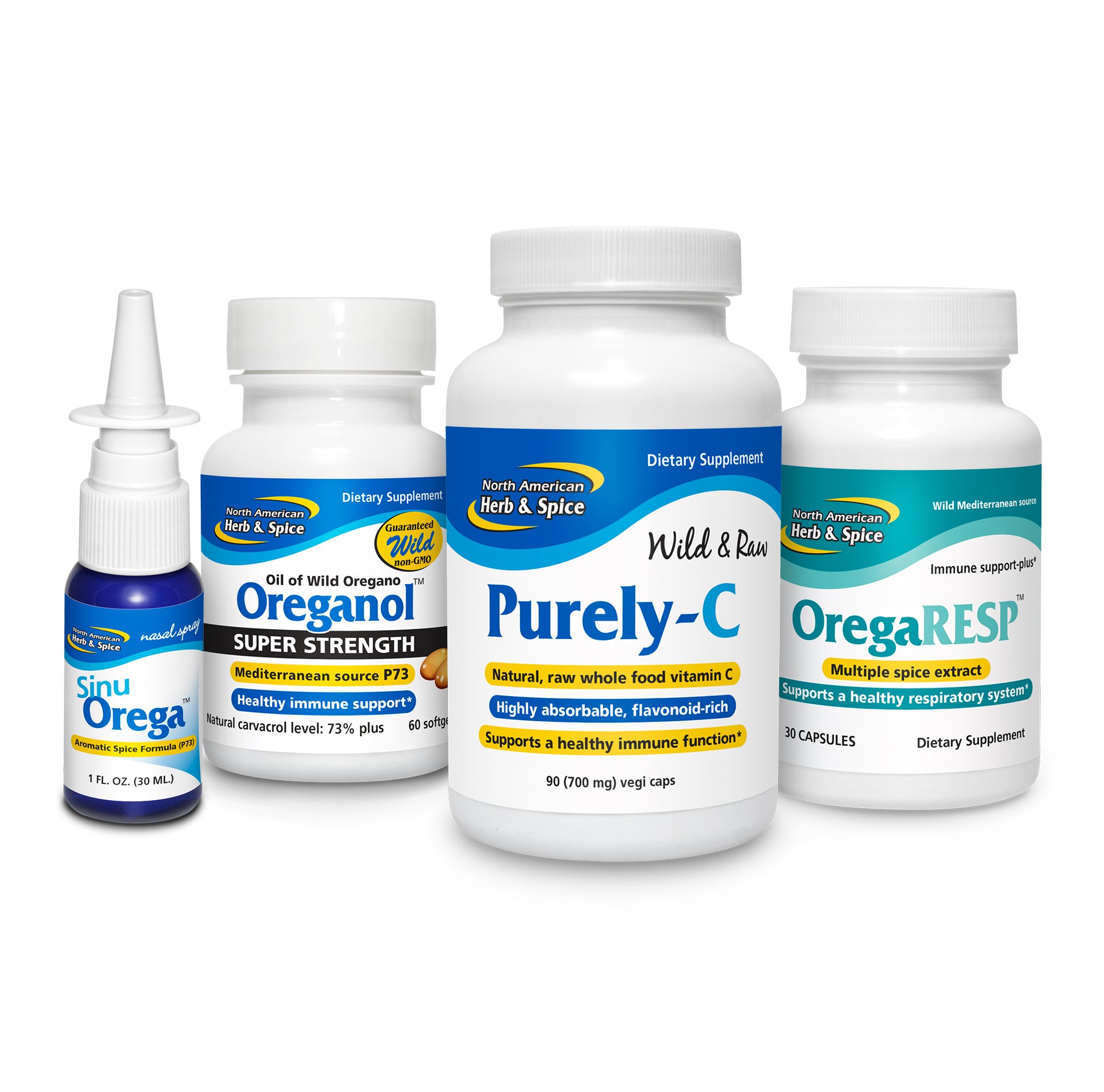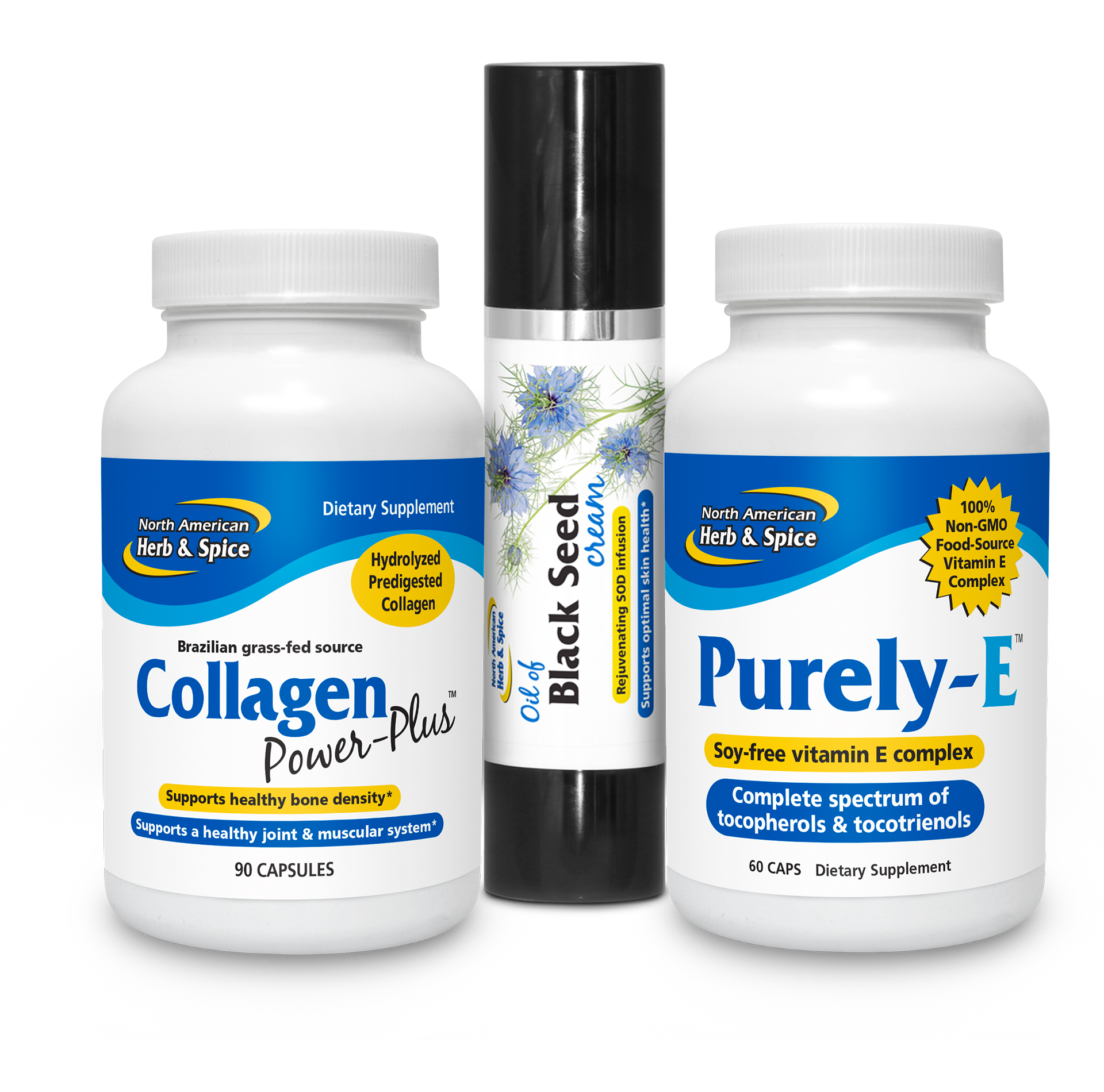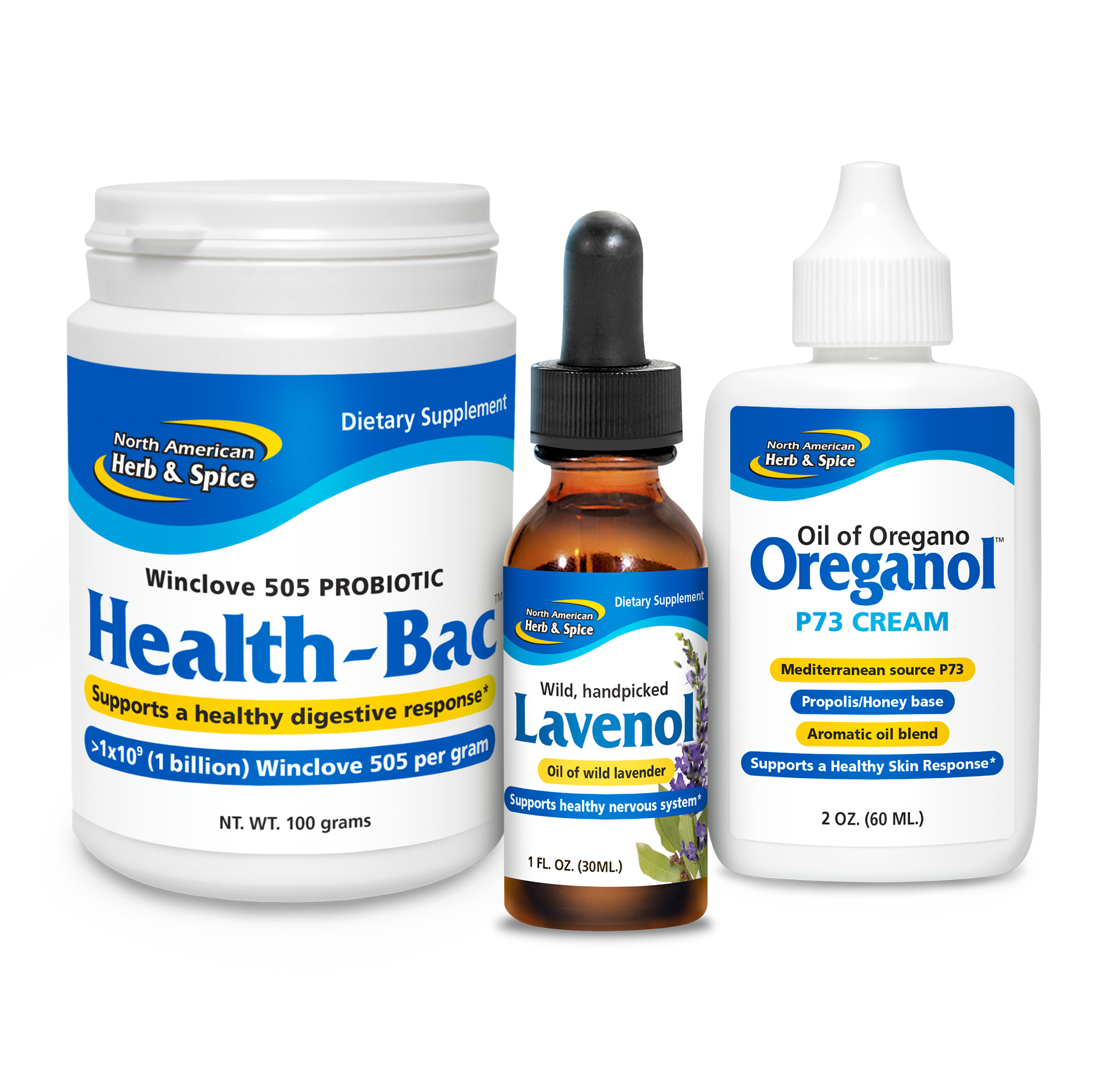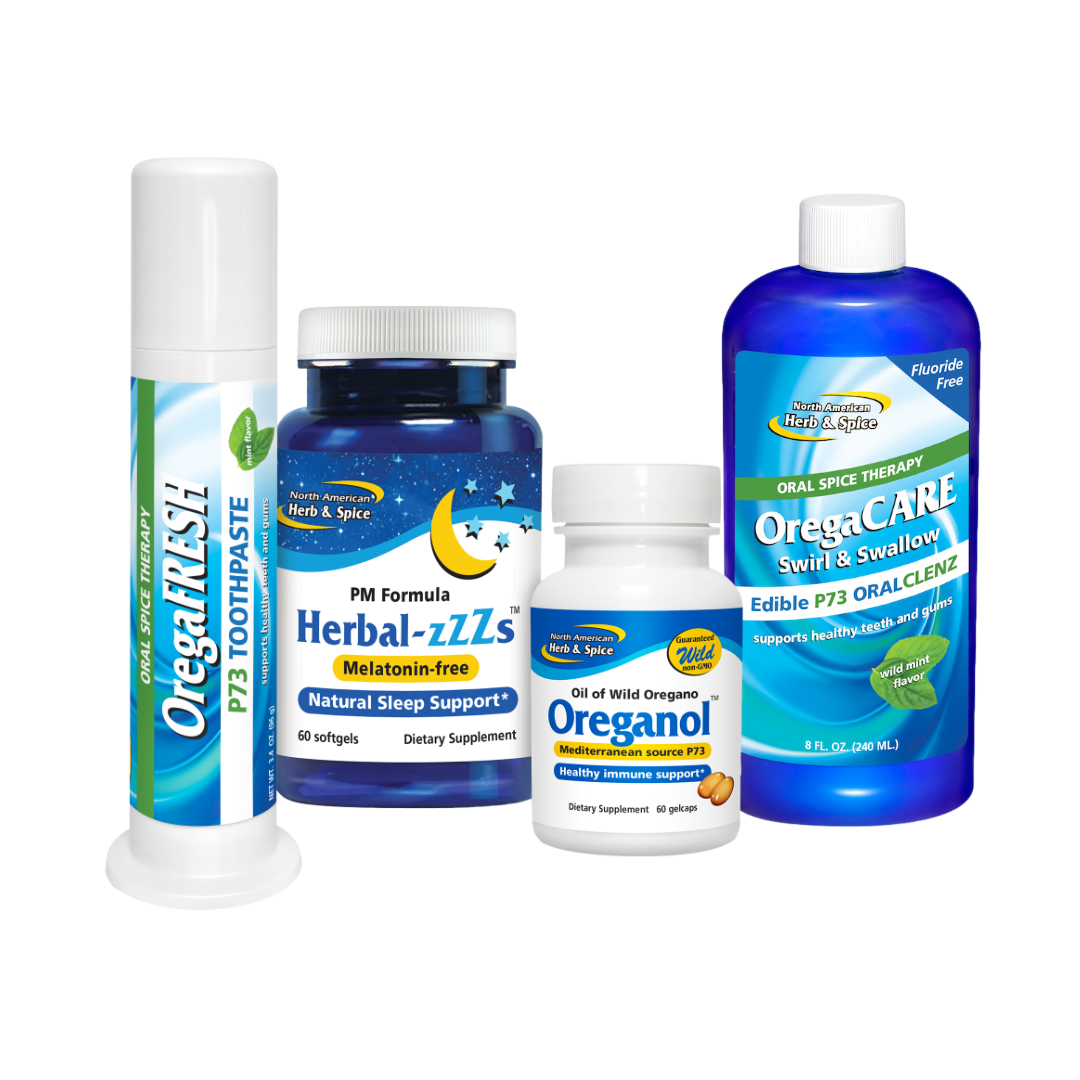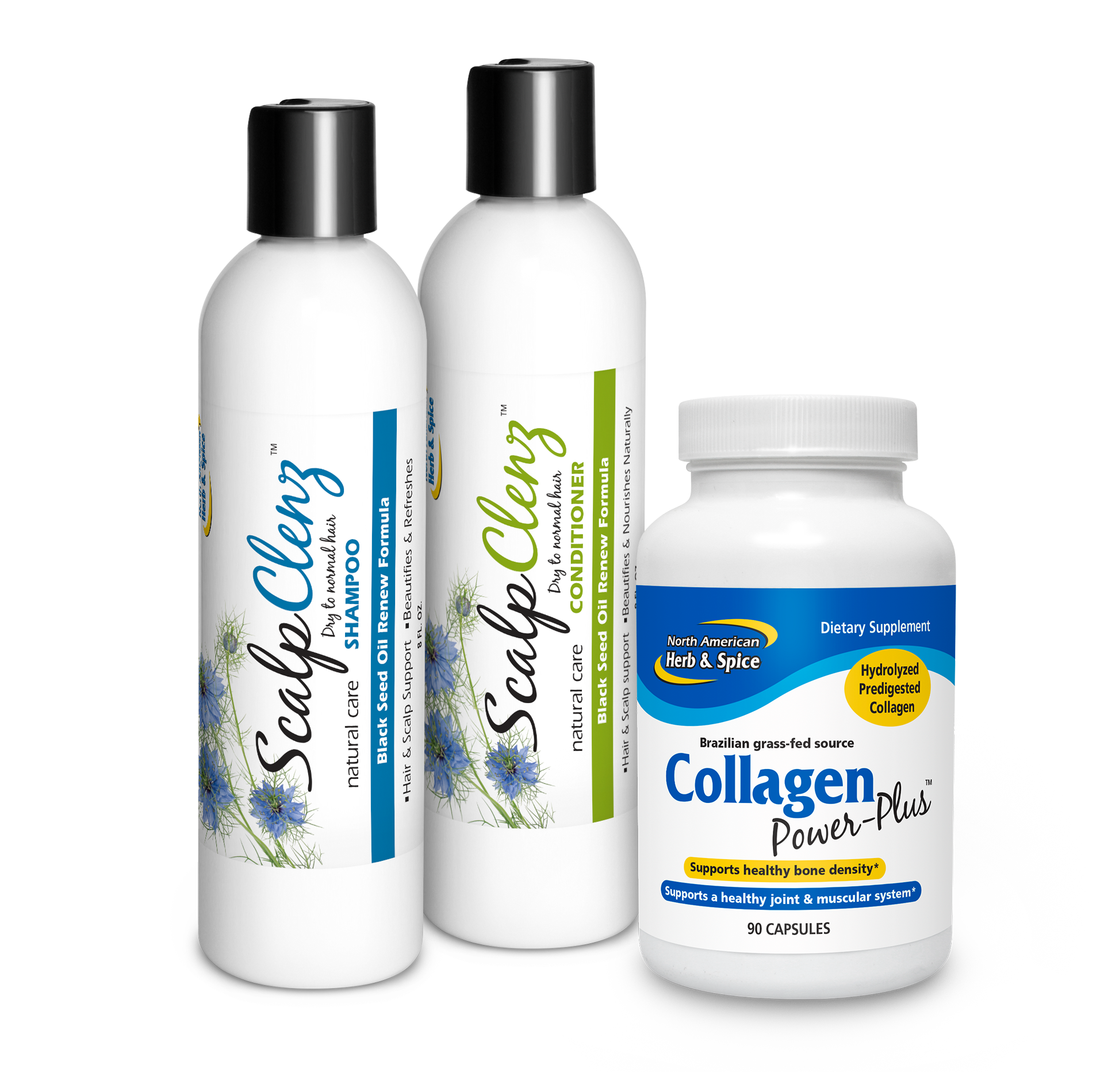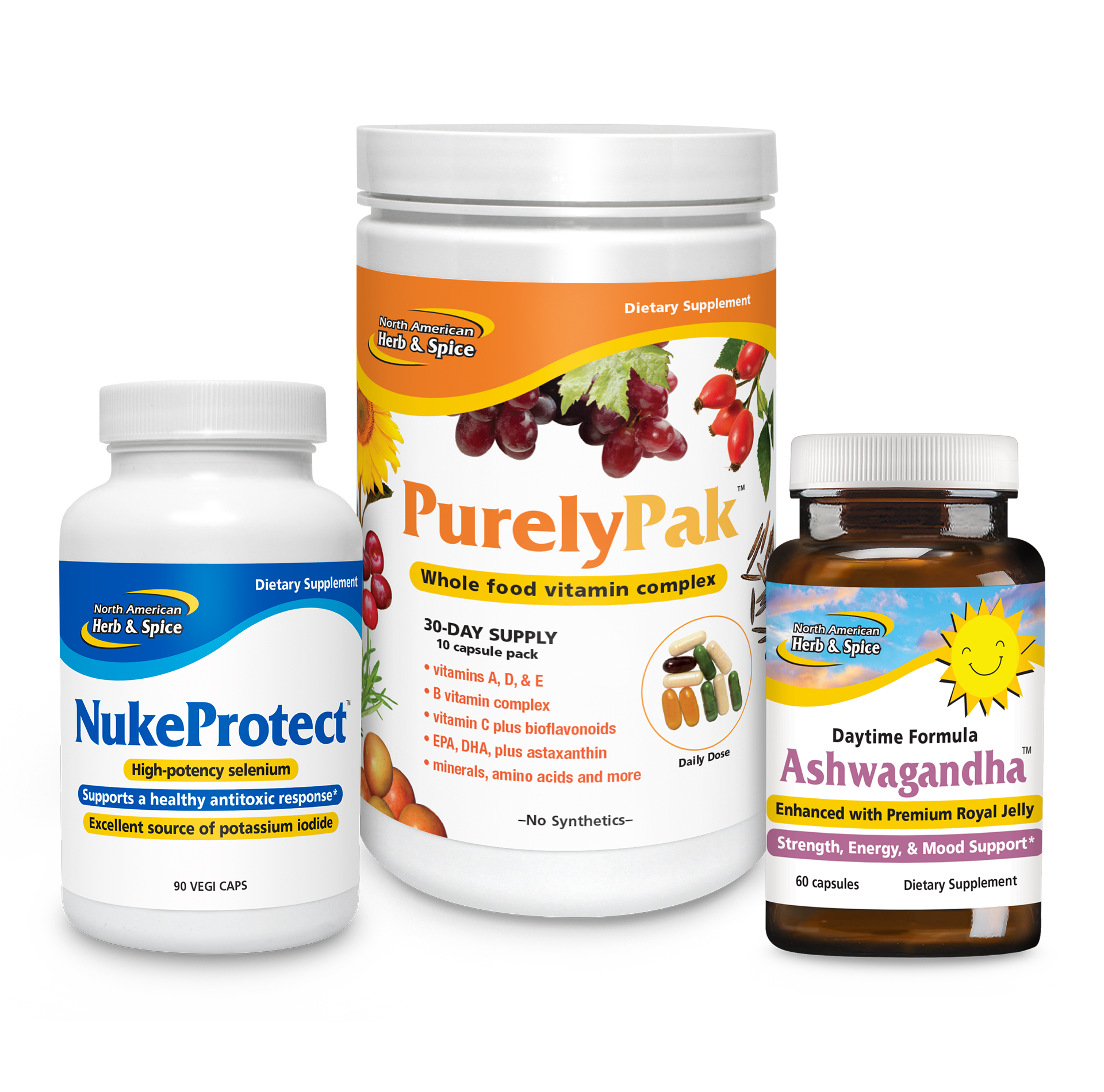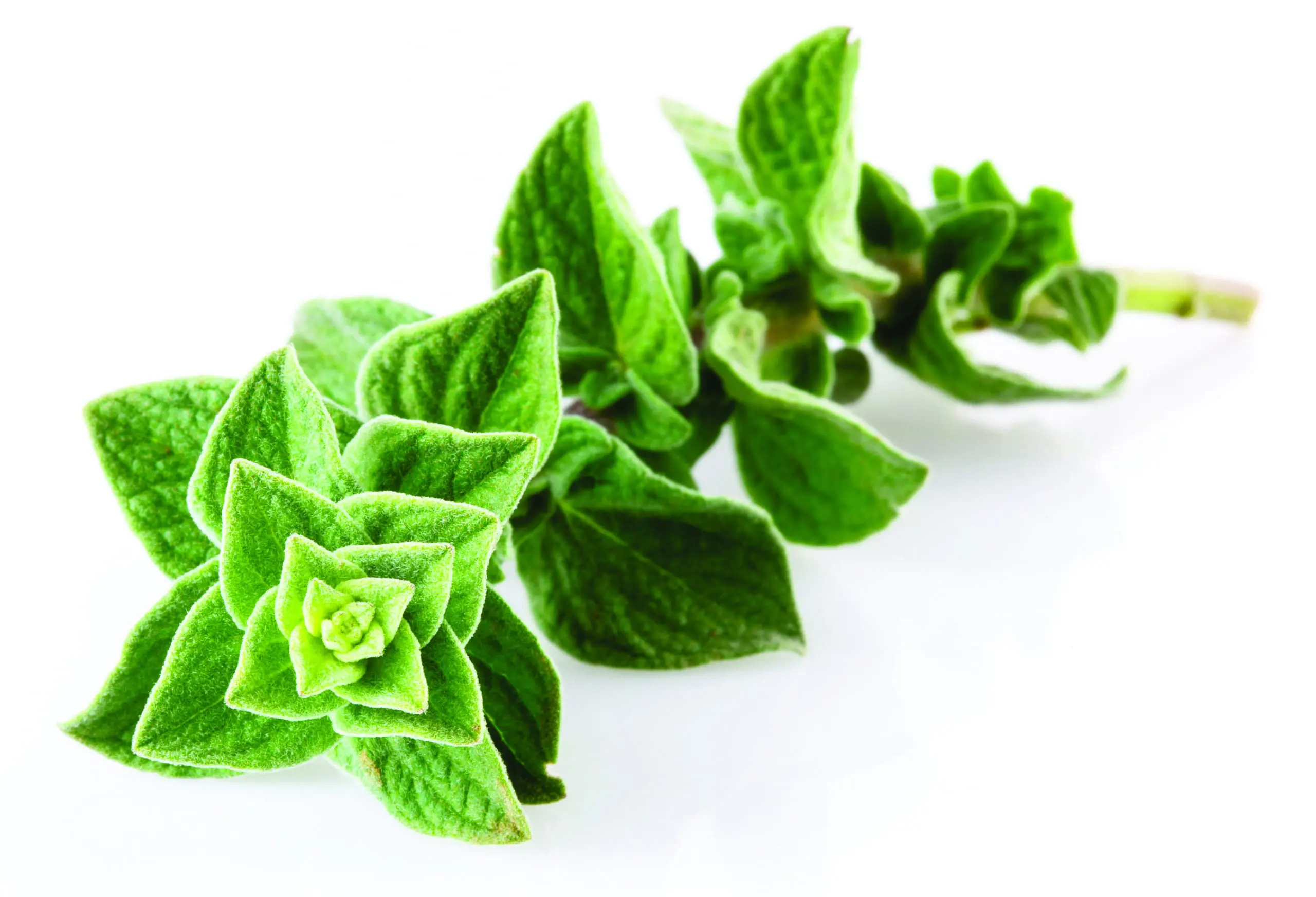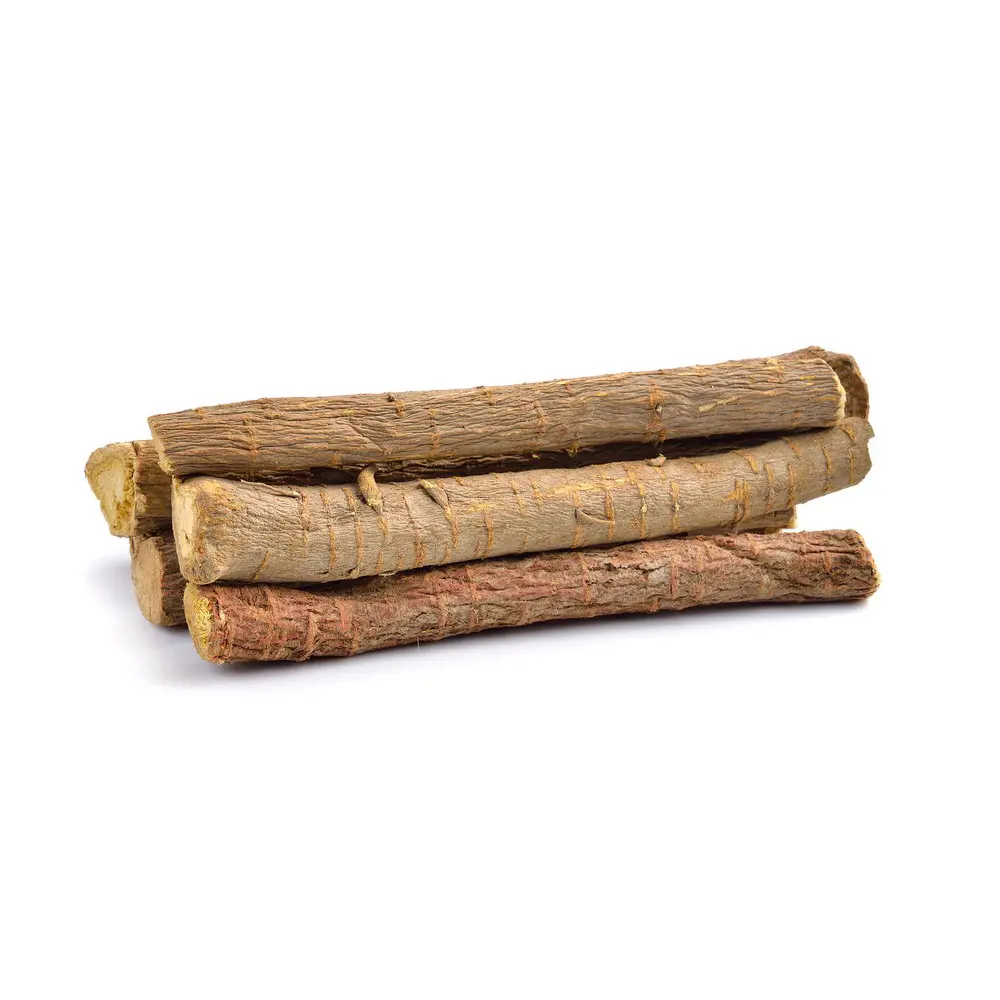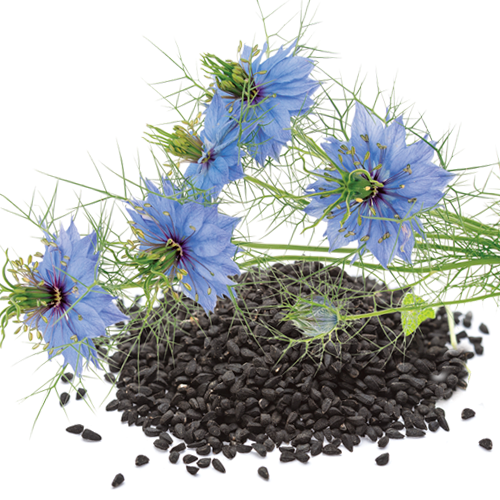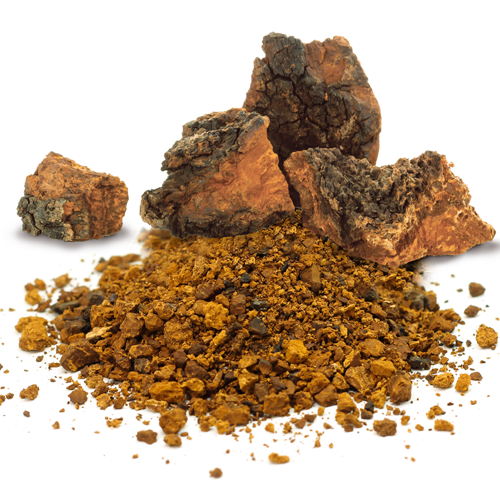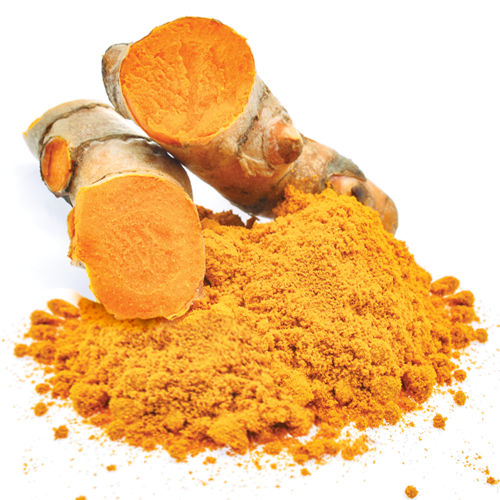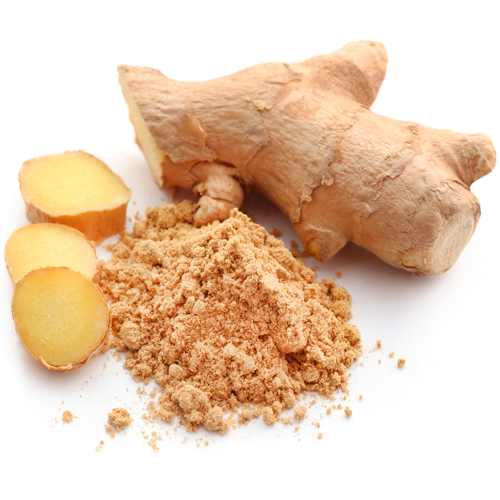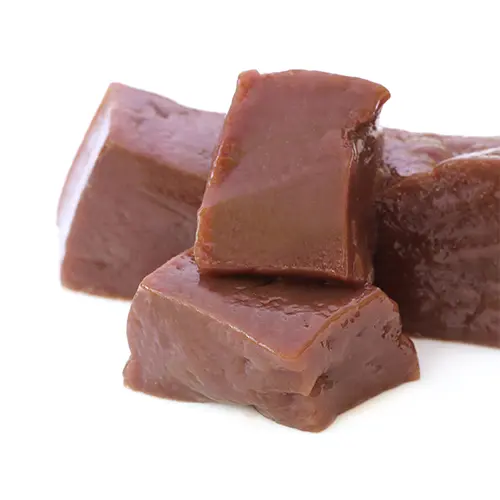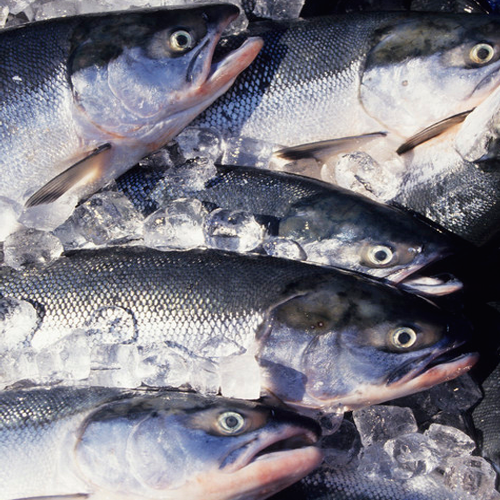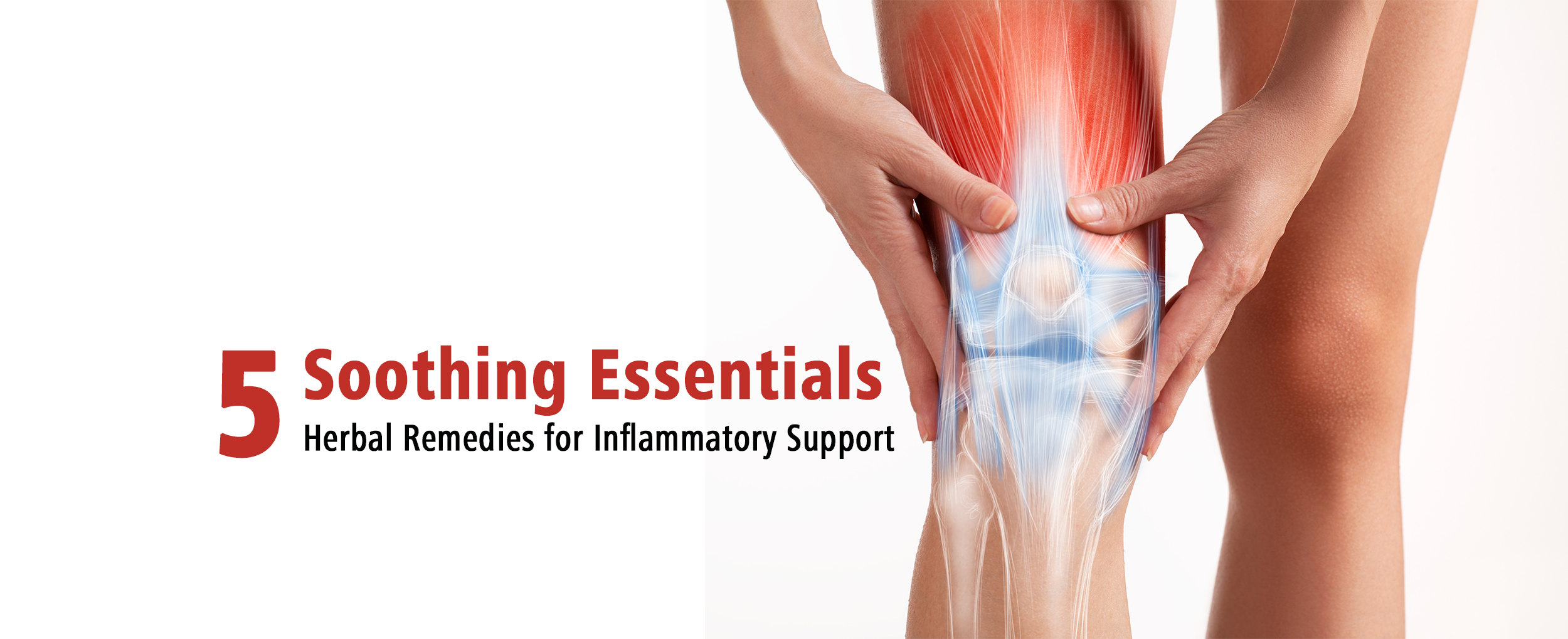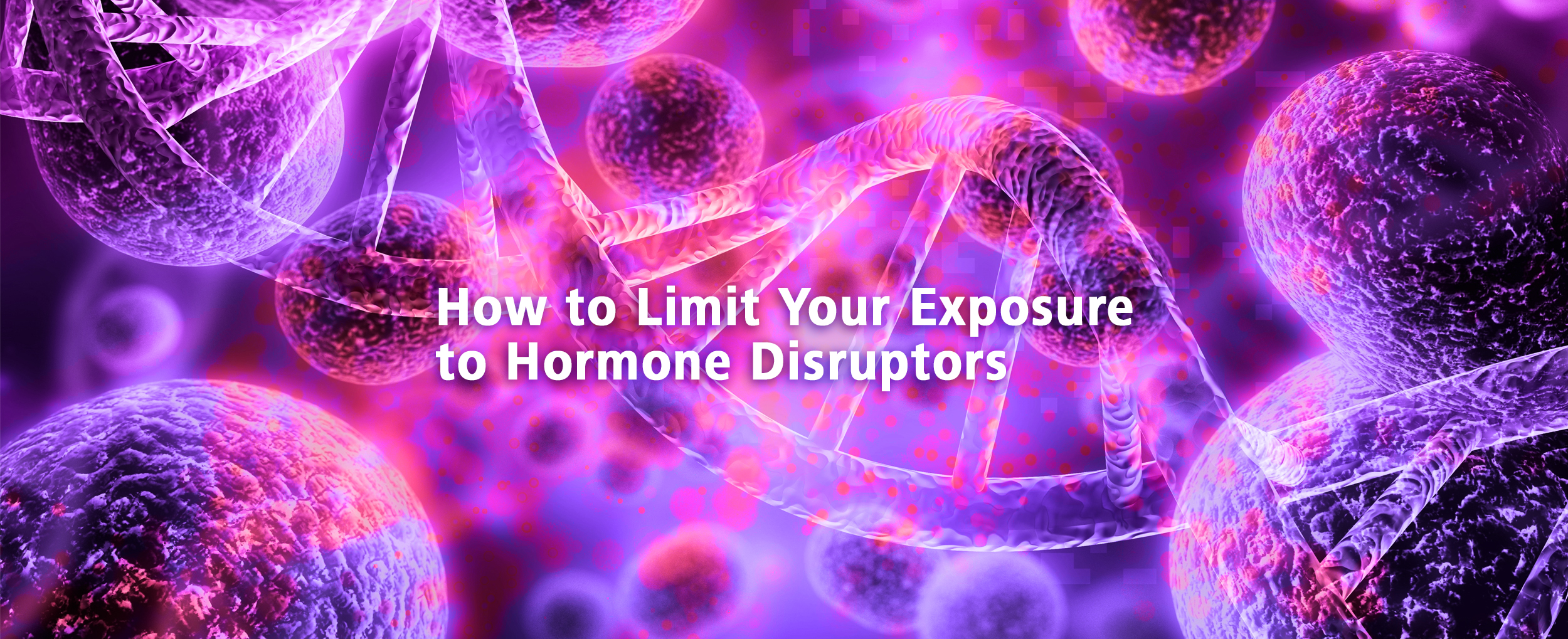The gut, often called the "second brain," is critical to overall health. A balanced gut microbiome influences digestion, immunity, mood, and brain function. To support optimal gut health, it’s vital to make mindful food choices while incorporating supplements that nurture the stomach lining and microbial diversity.
In this article, we’ll explore the top 5 worst foods for gut health and the top 5 best foods. We also highlight key supplements—like probiotics, collagen, black seed oil, and oregano—that can transform your gut into a thriving ecosystem!

The Top 5 Worst Foods for Gut Health
- Processed Sugars
High-sugar foods fuel the growth of harmful bacteria and fungi, like Candida albicans, which can disrupt the balance of the gut microbiome. Over time, this imbalance can lead to issues like bloating, inflammation, and even leaky gut syndrome, where bacteria can leak into the blood, causing dangerous infections and even cancer if left unchecked. High fructose corn syrup found in soft drinks is a prime example. Try a low-sugar Kombucha as a much better alternative. - Artificial Sweeteners
Common sugar substitutes like aspartame and sucralose may harm gut bacteria by reducing microbial diversity. Studies have shown that artificial sweeteners can alter gut flora and contribute to glucose intolerance. Instead, try these healthier sweeteners in moderation; Raw honey, coconut sugar, monk fruit, and yacon syrup. - Foods Fried In Refined Seed Oils
Foods high in unhealthy fats, like fried chicken or French fries, are difficult to digest and can cause inflammation in the gut lining. These foods may also slow down gut motility, leading to bloating and discomfort. The primary culprit is the refined seed oils used to fry and cook with. These include canola, soy, corn, rapeseed, cottonseed, and vegetable oils in general. The best oils to cook with are grass-fed beef tallow, coconut oil, 100% avocado oil, organic olive oil, and grass-fed butter. The first 3 have a higher smoke point for longer cooking. - Ultra Processed Foods
Foods like chips, packaged snacks, and instant meals are often laden with preservatives, additives, and emulsifiers. These compounds disrupt gut bacteria and weaken the gut lining, leading to inflammation and poor digestion. It is hard to call them real food, as they provide little nourishment and many ingredients that didn’t exist 100 years ago. They are directly linked with cancer, heart disease, and digestive conditions, so it’s best to avoid them as much as humanly possible. - Alcohol
Even moderate alcohol consumption damages the gut lining, increases intestinal permeability, and disrupts the balance of beneficial bacteria. Chronic alcohol use can lead to dysbiosis, making it harder for the gut to maintain homeostasis or balance. Another way of understanding intestinal permeability is “leaky gut syndrome.” Fortunately, if alcohol use is stopped and the right foods are added in, improvements in the gut lining can often take place.

The Top 5 Best Foods for Gut Health
- Fermented Foods
Foods like raw yogurt, kefir, sauerkraut, and kimchi are rich in probiotics—live bacteria that replenish and diversify the gut microbiome. They also help maintain a balanced pH in the gut, which is critical for good digestion. - Prebiotic-Rich Foods
Prebiotics are non-digestible fibers that feed beneficial bacteria. Foods like garlic, onions, yacon, bananas, asparagus, and Jerusalem artichokes are excellent sources of prebiotics, fostering the growth of good microbes. - Organic Leafy Greens and Cruciferous Vegetables
Vegetables like spinach, kale, broccoli, and Brussels sprouts are loaded with fiber and antioxidants, supporting gut motility and protecting the intestinal lining. They also reduce inflammation and promote a healthy gut environment. It’s important to consume these free of pesticides that can still disrupt our healthy gut bacteria and lessen the benefits of the produce. - Grass Fed/Finished Beef Liver
Packed with amino acids like glycine and proline, beef liver supports the natural repair of the gut lining.* It also supports the overall strength of the intestinal walls.* - Organic Berries, Pomegranate, Grapes, and Polyphenol-Rich Foods
Blueberries, raspberries, and blackberries are rich in polyphenols, plant compounds that act as antioxidants and promote the growth of beneficial gut bacteria. These foods also reduce inflammation and oxidative stress in the gut.

Key Supplements to Support Gut Health
1. Probiotics: Replenish Beneficial Bacteria
Probiotics are live microorganisms that directly enhance the gut microbiome.* They support intestinal bacteria balance, improve digestion, and nourish the immune system. Look for strains like Lactobacillus and Bifidobacterium, which have been extensively researched for their gut health benefits.
Top Pick: NAHS Health Bac
2. Collagen: Strengthen the Gut Lining
Collagen is a vital protein for gut health, particularly for maintaining the integrity of the intestinal wall.* It contains amino acids like glycine and glutamine, which are essential for repairing damaged tissue and preventing leaky gut syndrome.* Incorporating collagen supplements can also support the body’s response to gut inflammation and promote smoother digestion.*
Top Pick: NAHS Collagen Power Plus
3. Black Seed Oil: Inflammation
Black seed oil, derived from Nigella sativa, is known for supporting the body’s healthy immune and inflammatory responses* and It helps calm and soothe the GI tract.* Additionally, black seed oil has been shown to support a balanced gut microbiome by discouraging the overgrowth of harmful bacteria.*
Top Pick: NAHS Turkish Black Seed Oil
4. Oregano Oil: Repelling Unwanted Invaders
Oregano oil contains compounds like carvacrol and thymol, which have potent natural antioxidant properties. It helps support the strength of the immune system, which is the military of our bodies. Oregano oil can be particularly effective when used in conjunction with probiotics to maintain microbial balance.
Top Pick: NAHS Oreganol P73 Superstrength
5. Digestive Enzymes: Enhance Digestion
Digestive enzyme supplements, like amylase, protease, and lipase, assist in breaking down food more efficiently, reducing bloating and promoting nutrient absorption. They’re particularly useful for those with enzyme deficiencies or compromised gut health. To increase effectiveness, try a formula with added Bromelain, from pineapple cores, and Papain, from non-GMO papayas.
Top Pick: NAHS Gastronex
6. Omega-3 Fatty Acids: Inflammation Support
Omega-3s, especially from sources like fish oil help soothe gut inflammation and promote the growth of healthy gut bacteria.* They are also linked to improved intestinal barrier function, which is critical for preventing gut “leaks.”* As you decrease the omega 6-rich refined seed oils, this would be an opportune time to add this to the regimen.
Top Pick: NAHS Sockeye Salmon Polar Power

Additional Tips for a Happy Gut
Consider combining these dietary changes with lifestyle modifications. Lifestyle practices such as managing stress, staying hydrated, and regularly exercising can significantly improve gut health.
- Stay Hydrated: Drinking plenty of water supports digestion and helps maintain a healthy mucosal lining in the intestines.
- Manage Stress: Chronic stress can negatively impact the gut, leading to inflammation and microbial imbalances. Incorporating mindfulness practices, yoga, massages, breathing exercises, or meditation can help.
- Exercise Regularly: Physical activity greatly enhances gut motility and supports the growth of new beneficial gut bacteria. If you are not exercising regularly and have some physical handicaps, start with what you can do and commit to staying consistent. It will have a meaningful impact on your overall health outlook.
Conclusion
The Father of modern medicine, Hippocrates said it best more than 2,400 years ago, “All diseases begin in the gut.” How relevant is this saying for today’s world?! By avoiding foods that harm your microbiome, incorporating gut-friendly foods, and utilizing targeted supplements like probiotics, collagen, black seed oil, and oregano, you can create a strong foundation for digestive and overall health. A happy gut leads to better immunity, clearer skin, improved mental well-being, and a more energized you. Prioritizing this is an investment in your body’s long-term vitality.
NO GUTS NO GLORY!
-Steven Harkins, Director of Education, North American Herb & Spice
*These statements have not been evaluated by the Food and Drug Administration.
*These products are not intended to diagnose, treat, cure, or prevent any diseases.


